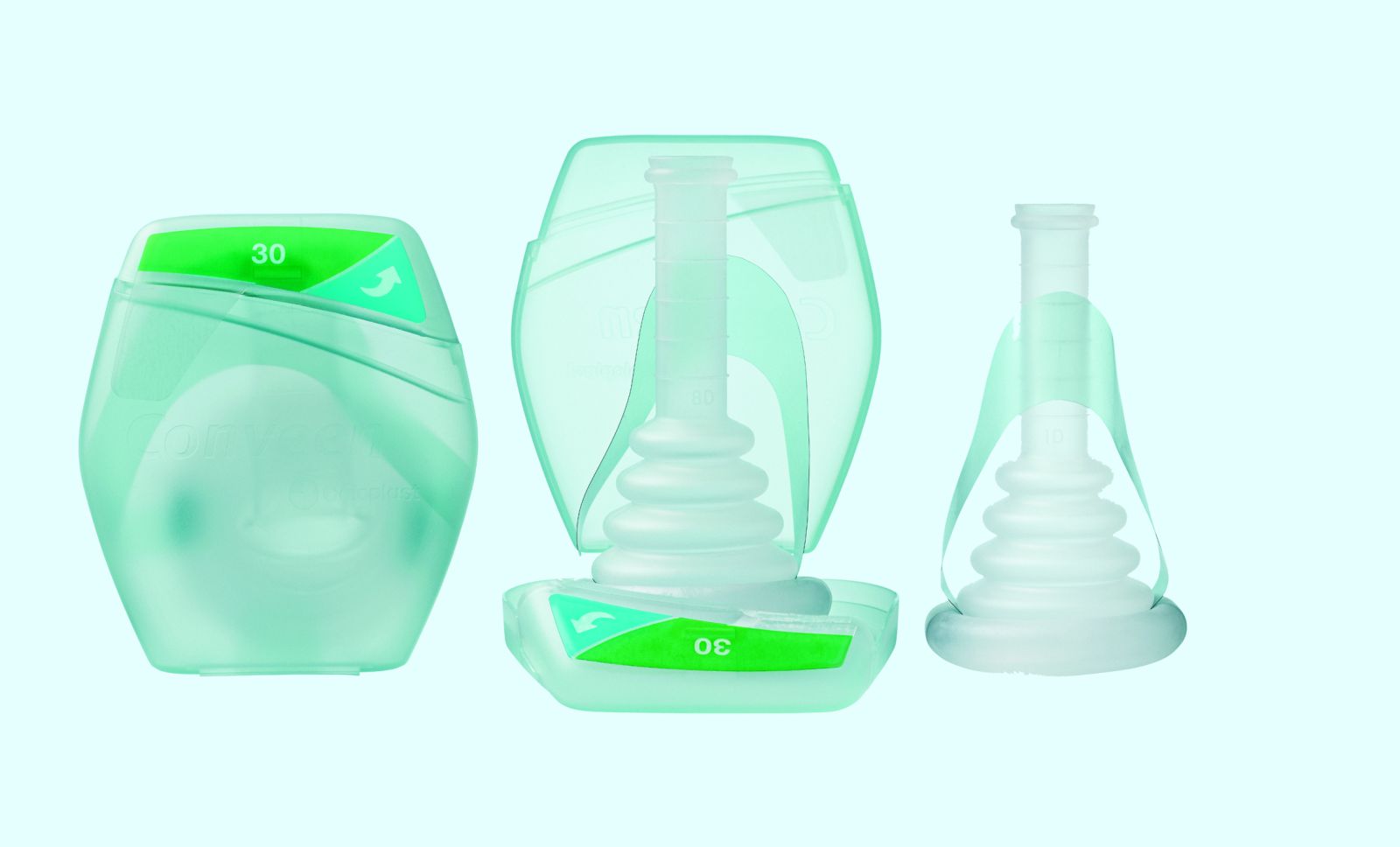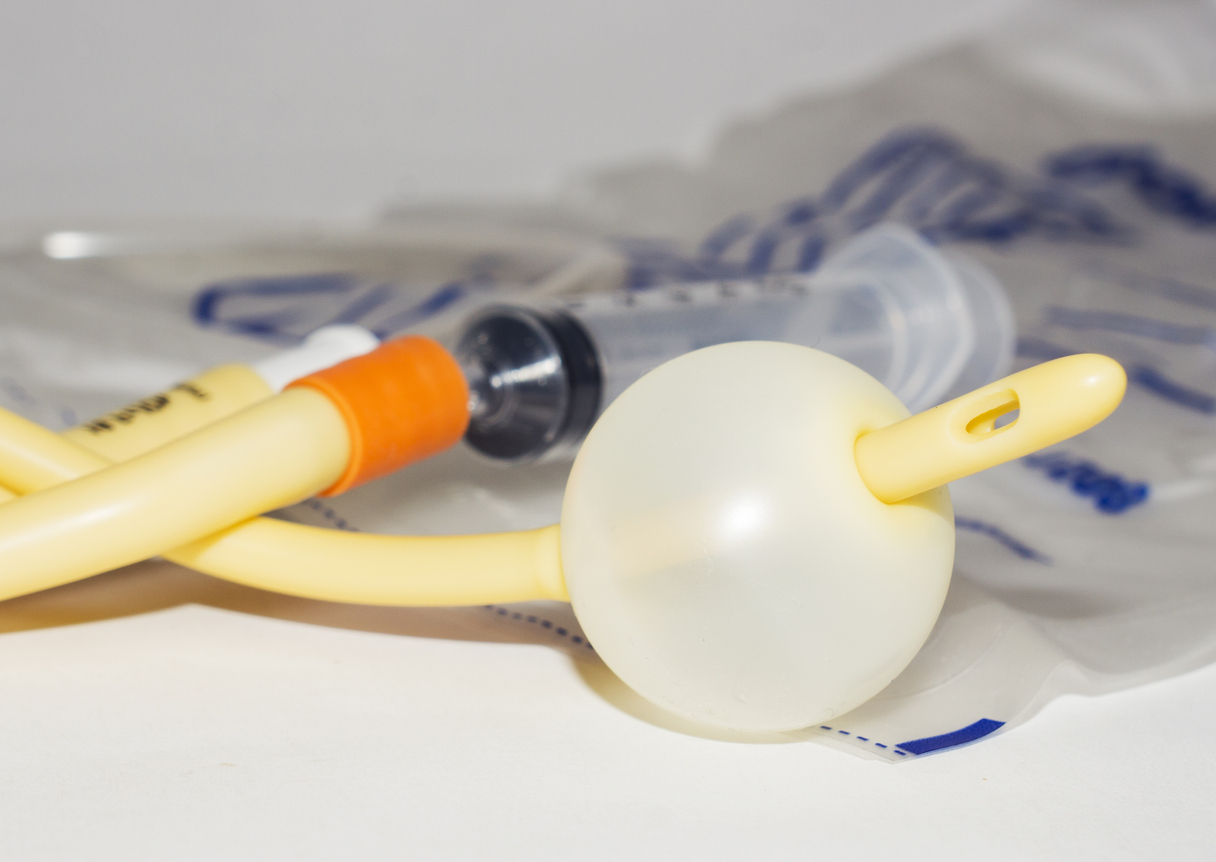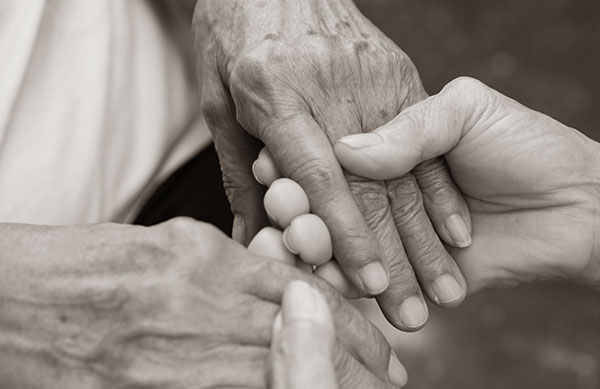Resources
17 March 2023
In this article, Marta Marchetti discusses the development of a unique, advanced nursing dual role in urology.
22 February 2023
What does the future of digital hold for the clinical workforce? Liam Cahill explains what healthcare professionals currently do, what they want to be able to do, and what will inevitably help them to do this.
16 February 2023
Early diagnosis of bowel cancer is key to saving lives. It is the UK’s second biggest cancer killer with more than 16,500 deaths from the disease every year — one every 30 minutes. Yet, it is treatable and curable if detected early. Here, Gerard McMahon discusses the quantitative faecal immunochemical test if it has the potential to transform bowel cancer diagnosis.
13 January 2023
Many people across the UK live with poor bowel health, suffering with chronic constipation and/or faecal incontinence, which can be debilitating and prevent those suffering from enjoying their best life possible. Here, Jen Lodge and Angela Crossland discuss transanal irrigation and the importance of evidence-based practice.
07 December 2022
Here, Carole Young, professional nurse advocate, independent nurse consultant and associate lecturer, Anglia Ruskin University, reflects on the impact of the pandemic on specialist nurses in the last two years and considers what is needed next in terms of support and recovery of self and service.
25 November 2022
Wendy Osborne, clinical governance lead at Coloplast UK, describes a recent event highlighting why it is essential for everyone with a stoma to have equitable access to high quality care and specialist advice and gave people with a stoma an opportunity to have their voices heard.
08 November 2022
Scott Newman, a specialist nurse from Prostate Cancer UK, discusses why an accurate and reliable test to detect prostate cancer is needed.
20 October 2022
Many healthcare professionals recommend absorbent pads for men with urinary incontinence. To provide a high level of holistic care, patients should be made aware of all suitable management options appropriate for them to be empowered to manage their bladder accordingly.
07 October 2022
Indwelling urinary catheters are one of the most commonly used devices in health care. When they are left in situ for longer than necessary, the person is put at risk of complications while waiting for an appointment to have it removed. This article discusses the transition from hospital to a community-based nurse-led TWOC service and its benefits.
06 September 2022
Zena Aldridge delivers a call to action to all those who are working and interested in the field of dementia and continence.

.jpg)








